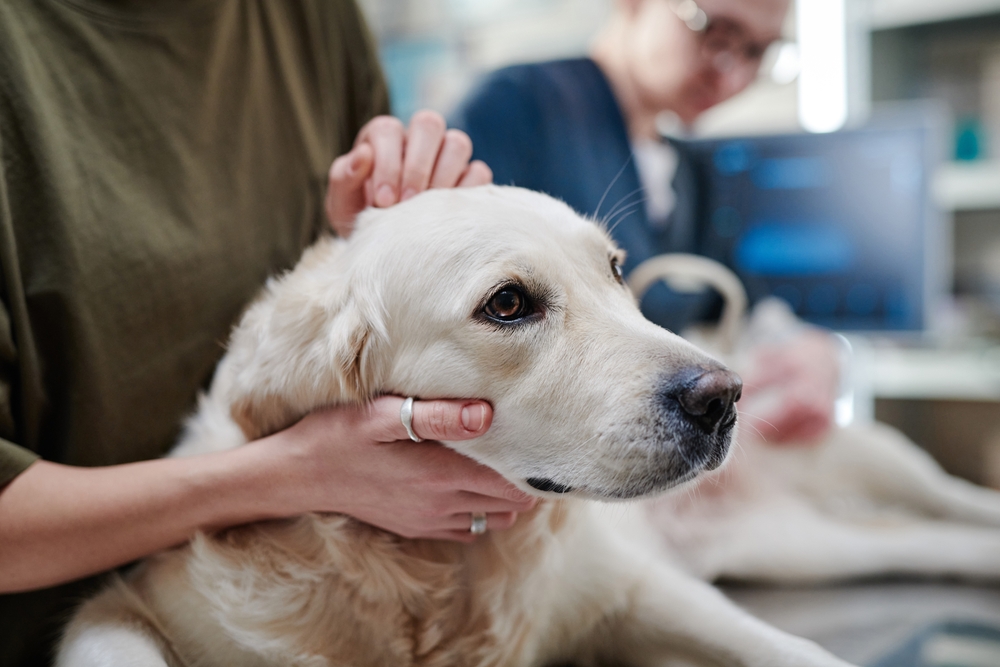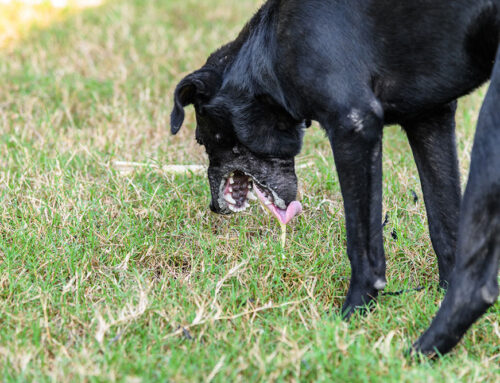Cancer—the very word can evoke worry and fear, especially when it concerns our beloved pets. But there’s good news: early detection can make a significant difference in treatment success and quality of life. At Peak Pet Urgent Care in Reno, Nevada, our advanced diagnostic tools and compassionate team are here to help you navigate this challenging journey. Let’s explore the common signs of cancer in pets, the importance of early detection, and how our team can support you every step of the way.
What Is Cancer in Pets?
Just like humans, pets can develop cancer when abnormal cells grow uncontrollably. These cells can form tumors or spread to other parts of the body, affecting critical organs and tissues. Some of the most common types of cancer in pets include:
- Lymphoma: A cancer of the lymphatic system
- Mast Cell Tumors: A type of skin cancer, especially common in dogs
- Osteosarcoma: A highly aggressive bone cancer
Cancer can develop due to a mix of genetic and environmental factors, including exposure to toxins like pesticides or secondhand smoke. Understanding these risks can help pet owners take proactive steps to protect their pets’ health.
Recognizing Early Signs of Cancer in Pets
Early detection is key to successful treatment. While some symptoms may be subtle, staying vigilant can make a difference. Watch for the following signs:
- New Lumps or Bumps: While not all growths are cancerous, any new or growing lump should be examined by a veterinarian.
- Abnormal Swelling: Persistent swelling in any part of the body warrants a closer look.
- Sudden Weight Loss: Unexplained weight loss can be an early indicator of cancer or other health issues.
- Persistent Sores or Wounds: Non-healing wounds may signal an underlying problem, including cancer.
- Unexplained Bleeding or Discharge: Bleeding from the nose, mouth, or other areas is a red flag.
- Changes in Appetite or Energy Levels: A lack of interest in food or sudden lethargy could indicate a more serious issue.
If you notice any of these symptoms, don’t wait. At Peak Pet Urgent Care, we’re here to provide prompt evaluation and care. Learn more about what urgent care covers.
Are Certain Breeds More Prone to Cancer?
Yes, genetics can play a significant role in cancer risk. Some breeds are more susceptible to specific types of cancer:
Dogs
- Golden Retrievers: Prone to lymphoma and hemangiosarcoma
- Boxers: Commonly develop mast cell tumors
- Great Danes: At higher risk for osteosarcoma
- Scottish Terriers: More likely to experience bladder cancer
- German Shepherds: Susceptible to hemangiosarcoma
Cats
- Siamese Cats: More likely to develop lymphoma and mammary cancer
- Light-Colored Cats: At higher risk for squamous cell carcinoma due to UV exposure
- Persian Cats: Predisposed to oral squamous cell carcinoma
Understanding your pet’s genetic predispositions can help you work with your veterinarian to establish regular screening protocols.
The Role of Veterinary Care in Cancer Diagnosis
Veterinary care is essential for detecting and managing cancer in pets. At Peak Pet Urgent Care, we use advanced diagnostic tools to provide a comprehensive evaluation, including:
- Fine-Needle Aspirations and Biopsies: To determine if a lump is benign or cancerous.
- X-rays and Ultrasound: To assess internal structures for tumors or abnormalities.
- Blood Tests: To identify signs of systemic disease.
Our skilled team develops a tailored treatment plan based on your pet’s specific needs. Learn more about our diagnostic approach on what to expect during your visit.
Treatment Options and What to Expect
Cancer treatment depends on the type and stage of the disease. Common options include:
- Surgery: Removal of tumors when possible to prevent further spread.
- Chemotherapy: Targeted drugs to slow or eliminate cancer cells.
- Radiation Therapy: Focused energy to destroy cancer cells while sparing healthy tissue.
At Peak Pet Urgent Care, our primary focus is improving your pet’s quality of life. We’ll guide you through every step of the treatment process with compassion and expertise.
Can Cancer Be Prevented?

While not all cancers are preventable, there are steps you can take to reduce your pet’s risk:
- Routine Veterinary Check-Ups: Regular exams can catch abnormalities early.
- Healthy Lifestyle: Provide a balanced diet and regular exercise to maintain overall health.
- Limit Exposure to Carcinogens: Avoid smoking near your pets and reduce exposure to harmful chemicals like pesticides and fertilizers.
- Spaying and Neutering: Can lower the risk of certain cancers, such as mammary or testicular cancer.
For more health tips, visit our guides for dogs and cats.
How Peak Pet Urgent Care Can Help
At Peak Pet Urgent Care, we are committed to providing comprehensive, compassionate cancer care for your pets. Whether it’s a routine screening or an emergency evaluation, our skilled team is here to help. Explore more about our approach to urgent care and diagnostics on our services page.
Resources for Pet Cancer Awareness
Want to learn more about pet cancer and how to help your furry companion? Check out these resources:
Early detection can save lives. At Peak Pet Urgent Care, we’re here to provide top-notch care for your pets, ensuring they receive the attention they deserve. Contact us today if you have any concerns about your pet’s health.
Your pet’s health is our priority—let’s work together to keep them happy and healthy.







Leave A Comment